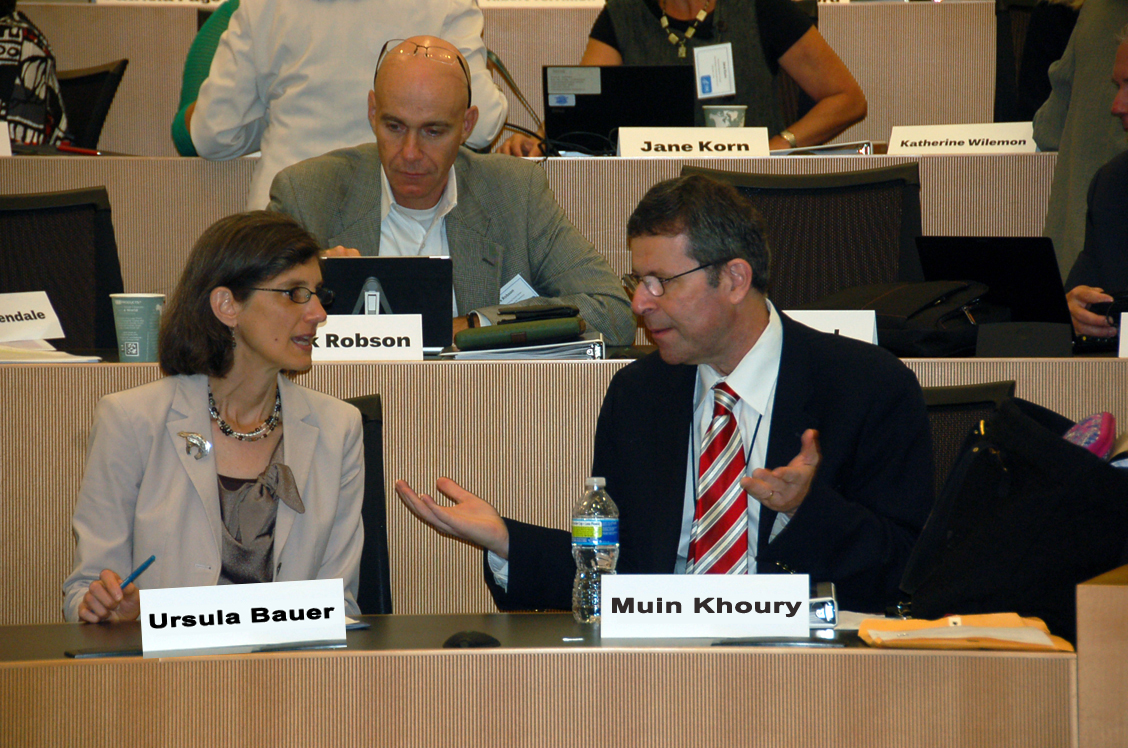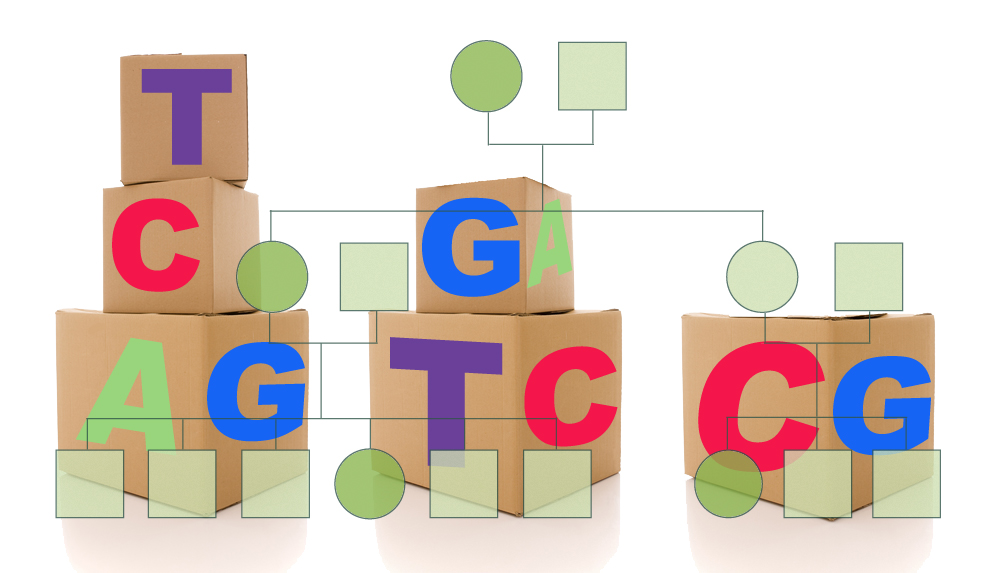Category: family history
Happy Thanksgiving: Collect & Act on Your Family Health History

As you celebrate Thanksgiving with your family this November, remember that this special day is also National Family Health History Day. Family health history is important to your health and can help you detect unique disease risks and manage them before becoming sick, or find the right diagnosis and treatments when you have a certain Read More >
Posted on byNational Family History Day 2015: Thinking globally and acting locally

Though you probably will not find greeting cards in stores celebrating this fact, Thanksgiving has been known as National Family History Day in the U.S. since 2004. The Office of the U.S. Surgeon General and many federal, state and private partners have marked each year with events and announcements promoting the collection and use of family Read More >
Posted on byFamily health history is a non-modifiable risk factor—or is it?

“I met three different women who had been tested [genetic testing for mutations in the BReast CAncer susceptibility (BRCA) genes] early on, in 1996, when the BRCA test first came out. They told me their family history story of mothers, aunts, uncles, and a dad who suffered from breast or ovarian or related cancers, and Read More >
Posted on bySuicide, Family History, and Genomics

We must continue to search for new methods to effectively address the tremendous problem of suicide. Despite recent interest, genomics does not provide the solution today, but there is a lot that we can do now using an established public health approach to prevention. Millions were shocked by the news that comedian Robin Williams Read More >
Posted on byNew Strategies For Public Health Genomics Beyond Newborn Screening

A Working Meeting and an Action Plan to Save Lives Now Nearly 2 million Americans are affected by one of three genetic conditions with a strong risk of early morbidity and mortality: BRCA 1/2 and hereditary breast and ovarian cancer; Lynch syndrome and colorectal , endometrial and ovarian cancer; and familial hypercholesterolemia and early cardiovascular events. At Read More >
Posted on by 2 CommentsEvidence Matters in Genomic Medicine—Round 3: Integrating Family Health History into Clinical Preventive Services

A new podcast from the CDC Expert Commentary Series on Medscape—Family Health History: Use It to Inform Preventive Services for Your Patients— describes how family health history can inform the delivery of preventive health services. The podcast presents three case studies based on recommendations of the US Preventive Services Task Force (USPSTF): screening for lipid Read More >
Posted on byEmerging Evidence for the Benefits of Systematic Collection of Family History in Primary Care

When it comes to the use of genomic tests and technologies in practice, Dr Al Berg is a skeptic. Dr Berg is the founding chair of the CDC-sponsored Evaluation of Genomic Applications in Practice and Prevention (EGAPP) Working Group that has been evaluating genomic tests for more than 5 years. He also chaired the National Institutes Read More >
Posted on by 3 CommentsFamily Health History and the Holidays

During the holiday season, many of us will be watching our favorite holiday movies for the umpteenth time. Some of our favorites (according to Gayot, Moviefone and Yahoo are Home Alone, A Christmas Story, A Charlie Brown Christmas, and It’s a Wonderful Life. Most holiday movies seem to have relatives as central characters and family gatherings Read More >
Posted on by 1 CommentA Million Hearts, A Thousand Genes, and Your Family History

In September 2011, the US Department of Health and Human Services announced a new initiative to prevent 1 million heart attacks and strokes in the United States in the next 5 years. This campaign will implement proven, effective, and inexpensive interventions in both clinical and community settings. In clinical practice, it will improve management of Read More >
Posted on by 3 CommentsThink (Again) Before You Spit: Readers Weigh In

We thank our readers for their thoughtful comments on our recent post, which discussed the validity and utility of personal genomic tests for improving health. Clearly, this topic engenders a range of reactions as reflected in a recent scientific discussion. Several people I know have sought testing for various reasons, including curiosity, genealogic research, or just Read More >
Posted on by 1 Comment

